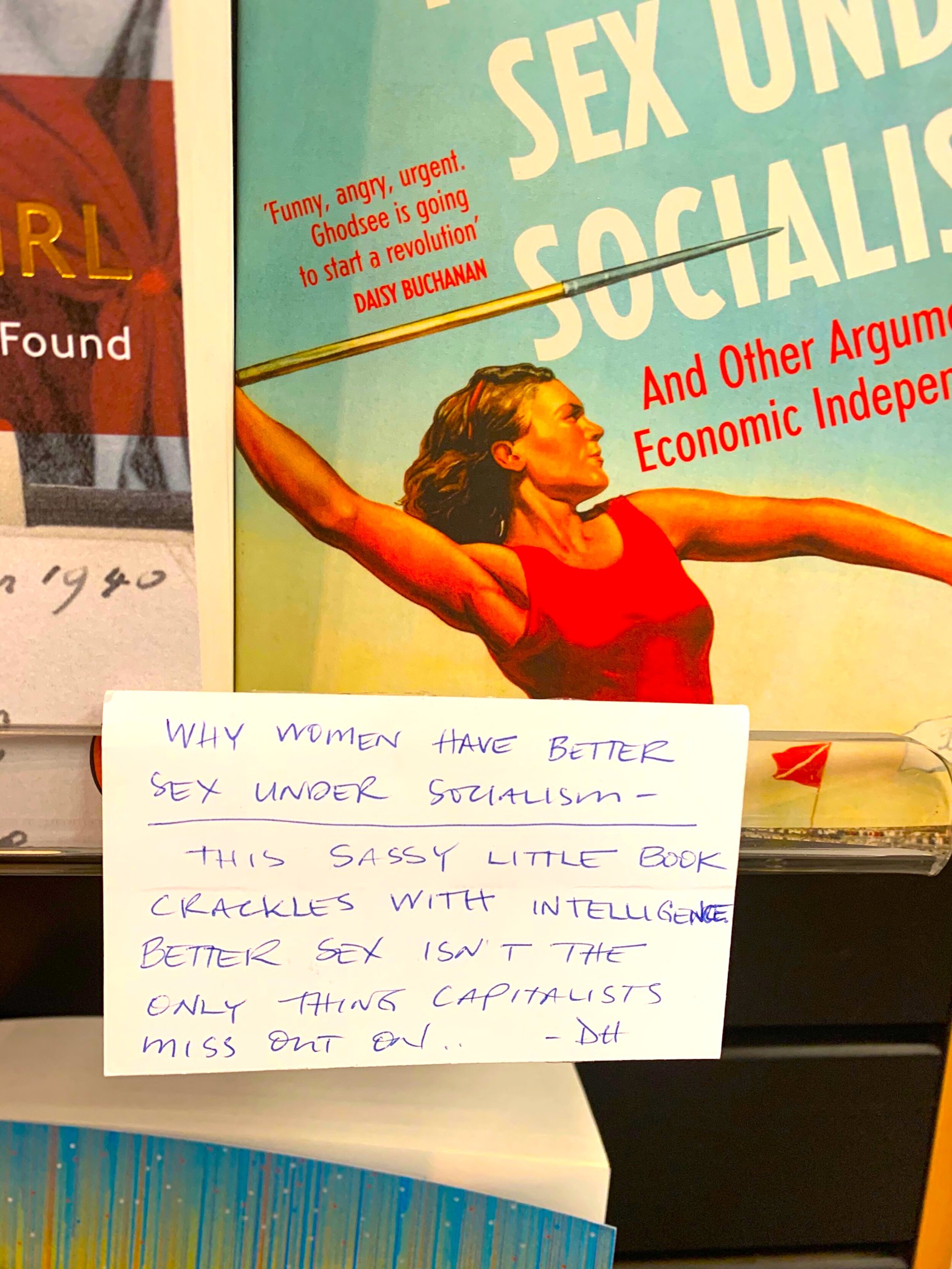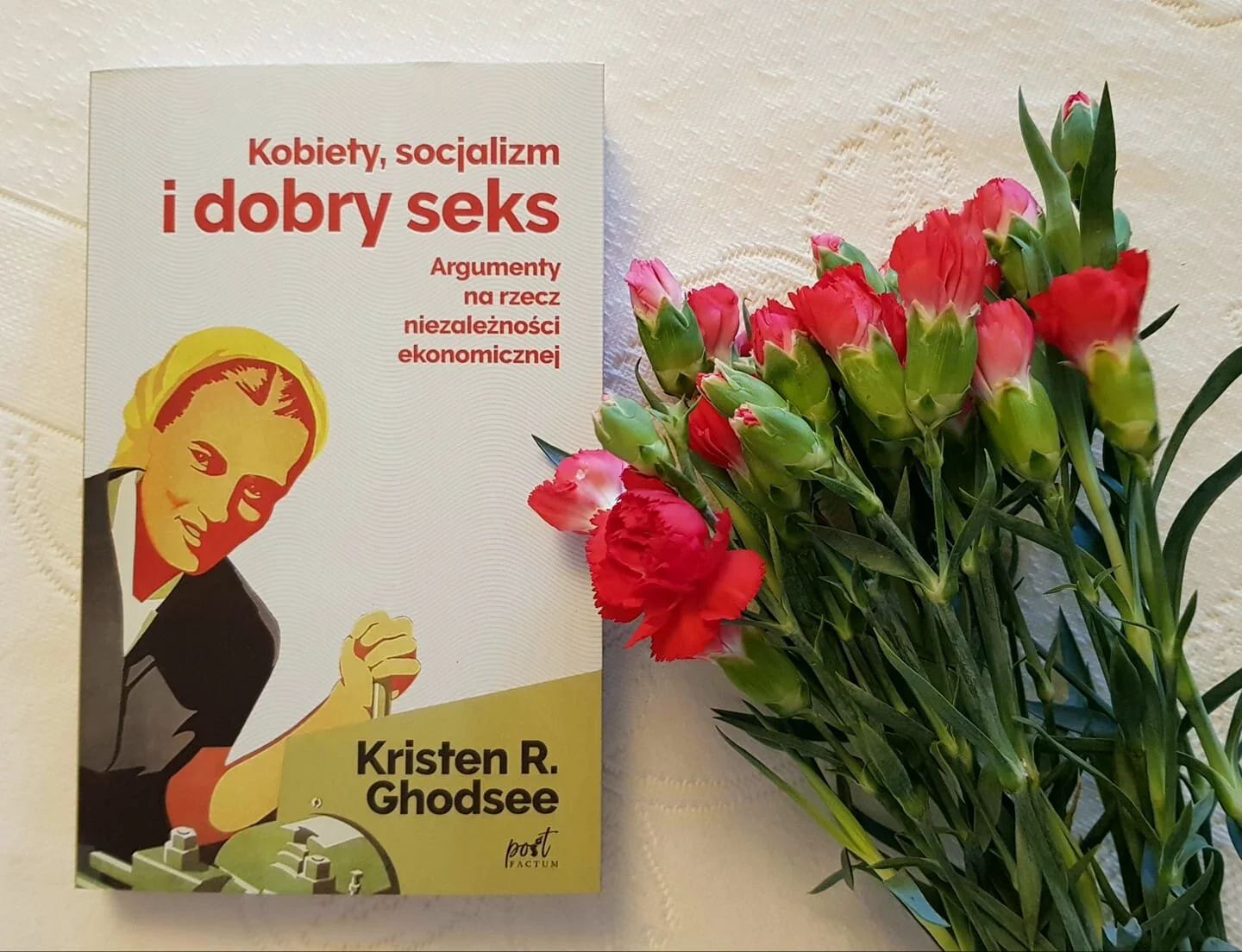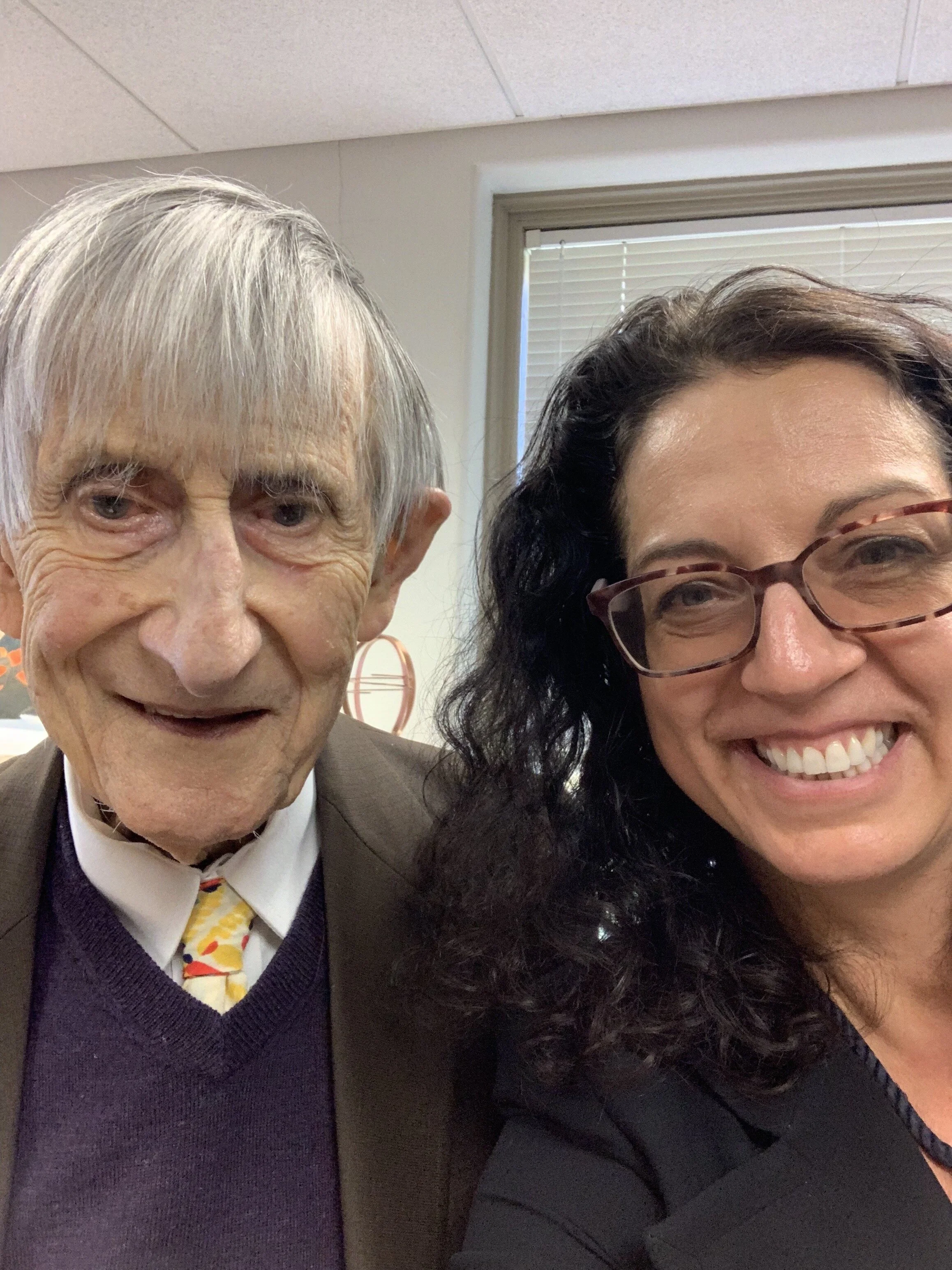I had such a lovely conversation with Kim Hill, who asked all of the right questions.
Spotted at Unity Books in Wellington under "Staff Picks"
Ready for the New Zealand Festival of the Arts
My IWD article on Kollontai for NBC Think →
It’s not easy to publish about forgotten feminist socialists, so I am grateful to NBC Think for taking a chance on this piece.
Women’s Unpaid Labor is Worth $10,900,000,000,000
My co-authored Op-Ed in this morning’s New York Times. “f American women earned minimum wage for the unpaid work they do around the house and caring for relatives, they would have made $1.5 trillion last year.”
The book has launched in Poland!
It's paperback launch day!
I find this horoscope very funny
I never read horoscopes, but my daughter shared this one, and I find the entry for Taurus remarkably accurate.
Честита Баба Марта!
From Freeman: On Optimism
Dear Kristen,
It is midnight, so this will be a brief answer.
Frank and Elena and I have the advantage of having grown up in
the 1930s. If you grew up in the 1930s it is glaringly obvious that the world is
better now than it was then, and you cannot help being an optimist. The
troubles of today are real, but nothing like as pervasive and threatening
as the troubles of the 1930s. We should give humanity credit for some
amazing achievements in the last eighty years, conversion of Japan and
Germany from militaristic to pacifistic cultures, liberation of Africa and
Asia from colonial rule, drastic reduction of birthrates and improvement
of agriculture leading to better nutrition and public health for the
majority of people, rise of India and China from abject poverty to wealth
and prosperity, increase of freedom and respect for law in much of the world. The
disasters and failures that loom so large in your view of the world today
are quite small when you compare them with the injustices and miseries of
the past.
Good night and happy dreams, yours ever, Freeman.
A most terrible loss: my dear friend and mentor, Freeman Dyson
Freeman Dyson and Kristen Ghodsee in 2011
Freeman Dyson and Kristen Ghodsee in October 2016
Kristen Ghodsee with Freeman Dyson in March 2019
My last meeting with Freeman on November 3, 2019
This is disturbing...
I’m guessing his people have paid for his book to appear in all search results that include the word “socialism,” but I really don’t like my name being so close to his.
Does reading about doing nothing count as doing nothing?
Just wondering…
The paperbacks have arrived!
On sale March 3rd, just in time for Women’s History Month and IWD!
New Review of Second World, Second Sex
“Drawing upon sources amassed on three continents, [Second World, Second Sex] also provides a template for navigating transnational history and studying women in marginalized parts of the world. Interrogating why the activities of women in countries with strong states promoting gender equality should be deemed inauthentic vis-à-vis those in democracies that perpetuate patriarchal norms, alongside rendering the Cold War as a battle between not just capitalism and communism but also competing visions of feminism, Second World, Second Sex is essential reading for anyone in any field interested in women’s activism in the twentieth century.”
A lovely interview in German with Celia Parbey for Edition F (auf Deutsch) →
Die Professorin Kristen R. Ghodsee erregte im vergangenen Jahr Aufsehen mit einem neuen Buch. Es heißt „Warum Frauen im Sozialismus besseren Sex haben und andere Argumente für ökonomische Unabhängigkeit”, und darin schlüsselt sie auf, warum das Konzept des Kapitalismus dazu gemacht ist, Frauen zu unterdrücken. Wir haben uns mit ihr unterhalten.
Winter reading: Flora Tristan - Utopian Socialist
This is a wonderful introduction to Flora Tristan’s life and work, with English translations of selections of her major works.
A thoughtful quote from George Packer's acceptance speech
The full speech can be read here: The Enemies of Writing: A writer who’s afraid to tell people what they don’t want to hear has chosen the wrong trade.
“[I]f writers are afraid of the sound of their own voice, then honest, clear, original work is not going to flourish, and without it, the politicians and tech moguls and TV demagogues have less to worry about. It doesn’t matter if you hold impeccable views, or which side of the political divide you’re on: Fear breeds self-censorship, and self-censorship is more insidious than the state-imposed kind, because it’s a surer way of killing the impulse to think, which requires an unfettered mind. A writer can still write while hiding from the thought police. But a writer who carries the thought police around in his head, who always feels compelled to ask: Can I say this? Do I have a right? Is my terminology correct? Will my allies get angry? Will it help my enemies? Could it get me ratioed on Twitter?—that writer’s words will soon become lifeless. A writer who’s afraid to tell people what they don’t want to hear has chosen the wrong trade.”
New interview in French for Belgium's Solidaire.org →
This makes me so happy.
Yes, I know I am a big dork, but I can’t help it. I have been so looking forward to this, and even got myself a Chateau Picard T-Shirt from the official fan shop to wear while watching the first episode.

























